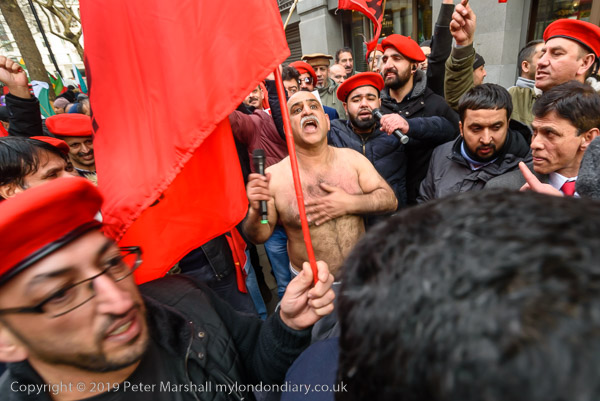
A YouGov survey back in 2016 found that 43% of UK respondents still felt that the British Empire was a good thing, over twice as many as those who felt it was bad, with a similar figures for those who think we should be proud of colonialism as part of our history or regret it.
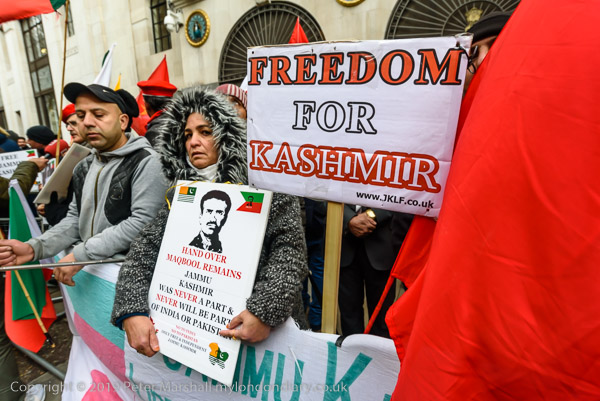
I wasn’t one of those asked for my opinion (the chances of that were small, as the sample was only 1733 out of the UK population of around 65.65 million) and would probably have refused to give an answer as there wasn’t a category that expressed my feelings. Clearly the British Empire was a good thing for Britain, as the opulent architecture of our major cities from the 19th and early 20th centuries demonstrates. And while the disastrous effects on other civilisations and many brutal and immoral acts in the building and maintenance of our Empire are clear, there are also more positive instances. And in some countries we took over from earlier invaders or rulers who were even less principled and more harsh and brutal, though for Kashmir this was less clear.
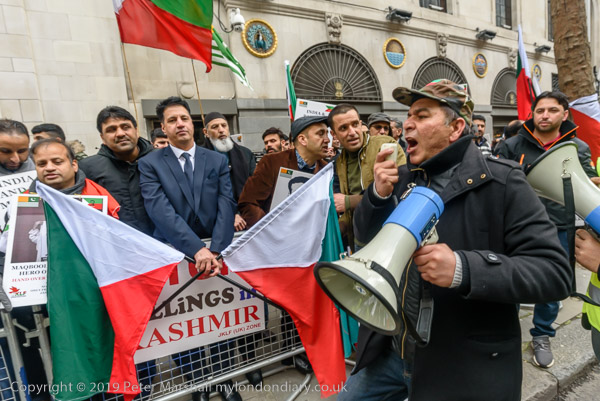
The history of Kashmir is complex but certainly at the start of the ‘Common Era’ (still AD to most of us) it was a considerably more developed and ancient civilisation than anything in Britain. Originally an important centre of Hinduism and Buddhism it largely converted to Islam in the 13th and 14th centuries and around 1580 was conquered and became part of the Mughal empire. Around 1820, it was conquered again by Sikhs, who imposed harsh anti-Muslim laws and exorbitant taxes. The First Anglo-Sikh war waged by the East India Company between 1845 and 1846 resulted in Jammu and Kashmir becoming a princely state under British suzerainty. The persecution of Muslims, now by Hindus, continued under what was a tyrannical feudal system.
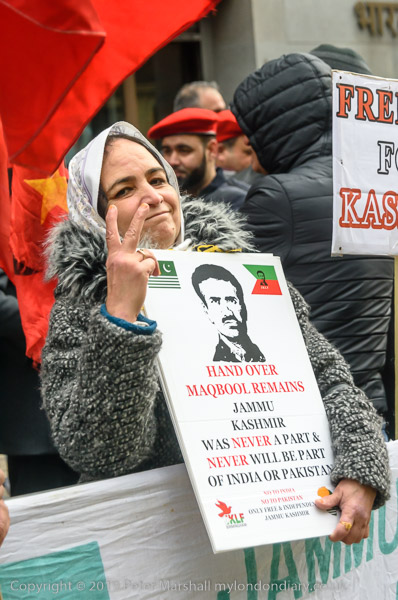
Logically, Kashmir, over three-quarters Muslim should have become a part of Pakistan, but after popular protests and a guerrilla campaign supporting this, the country’s ruler appealed to Lord Mountbatten, Governor General of India, for help – and Mountbatten only granted this on condition that Kashmir became a part of India. Pakistan disputed this and the countries went to war over Kashmir, ending with a truce and a UN resolution that the people of the country should have a referendum. This never happened and there were further wars in 1965, 1971 and 1999. Pakistan now controls around a third of the country, India about half and a smaller area is held by China.
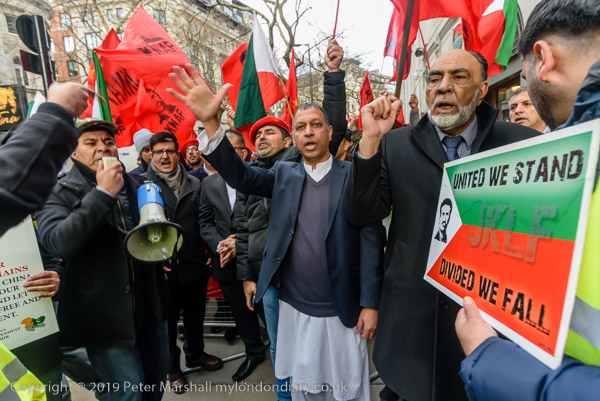
The country is still a ‘disputed territory’ and the is a huge presence of Indian military and para-military forces in the area under their control, estimated at around 1 for every 17 Kashmiris. At the 1948 ceasefire Kashmir was promised special status with a substantial autonomy by India, but increasingly this has been abandoned. Recent years have seen greater activity by movements calling for the restoration of autonomy and for freedom and independence.
Maqbool Bhat Shaheed was the pioneer of the Kashmiri Freedom Struggle and in 1968 was captured in Kashmir and sentenced to death following the murder of an Indian CID officer. With others also sentenced he escaped from prison through a tunnel and made his way to the Pakistan administered area – were he was arrested and tortured for several months. In 1971 masterminded the hijacking of an Indian Airlines plane which was forced to land in Lahore, Pakistan. The hijackers demanded the release of over 20 members of the Jammu Kashmir Nationalist Liberation Front (JKNLF) in Indian prisons, asked for political asylum in Pakistan and wanted a guarantee from the Indian government that their relatives in Kashmir would not be persecuted.
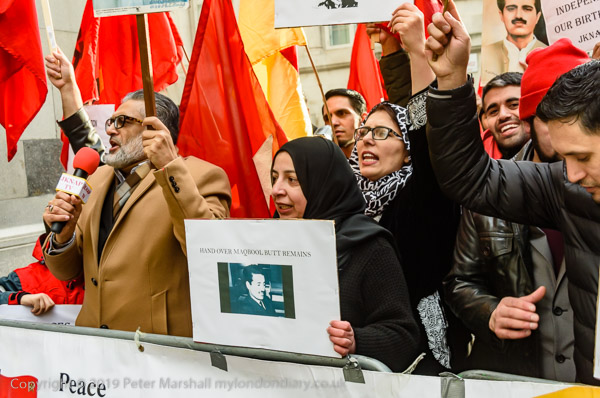
Although the hijackers were first welcomed in Pakistan, when it was realised that the JKNLF wanted the Pakistan occupied area of Kashmir also to be liberated they were tried in a special court charged with collaboration with the Indian intelligence services. Released after 2 years he returned to Indian administered Kashmir where he was captured in 1976. Bhat appealed for clemency stating that the original trial had been unfair, but after the murder of an Indian diplomat kidnapped in Birmingham demanding his release, his appeal was dismissed and he was executed on 11th February 1984.
Kashmir Awami Party call for Freedom
There are no adverts on this site and it receives no sponsorship, and I like to keep it that way. But it does take a considerable amount of my time and thought, and if you enjoy reading it, please share on social media.
And small donations via Paypal – perhaps the cost of a beer – would be appreciated.
All photographs on this and my other sites, unless otherwise stated, are taken by and copyright of Peter Marshall, and are available for reproduction or can be bought as prints.
To order prints or reproduce images